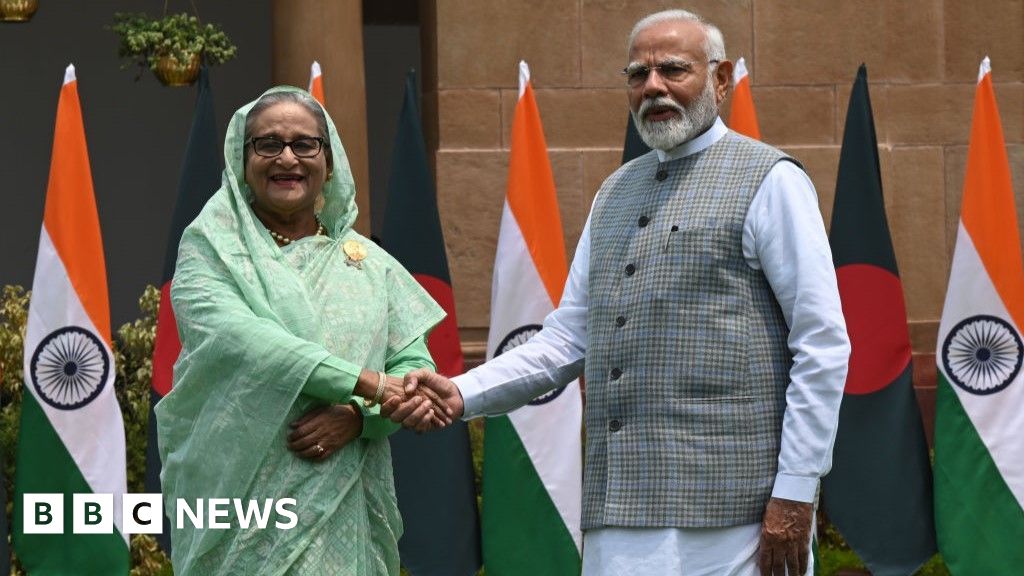A Russian politician says the country needs a 'special demographic operation' to boost its birth rate, which has crashed to a 25-year-low
"We must organize ourselves and conduct another special operation," said Nina Ostanina, the head of the Committee for the Protection of Families.
Mikhail Svetlov/Getty Images
- Russia's birth rate hit a 25-year low in the first half of 2024, with 599,600 births.
- The demographic crisis worsened due to the Ukraine war, causing many to delay having children.
- Incentives like cash payments and awards have failed to reverse the declining birth rate.
Russia could be running out of Russians.
In the first half of this year, Russia's population recorded its lowest number of births in 25 years, according to official data published on Sunday.
From January to June, 599,600 babies were born in Russia — 16,500 fewer than the same period last year. It's also the lowest since 1999, according to Reuters' analysis.
Births fell to 98,700 in June — the first monthly decline of births in Russia. It's also the first time the number of births in a month dipped below 100,000.
Russia has rolled out incentives encouraging childbirth, including a one-time payment of 1 million rubles, or $11,000, for Russian mothers who have 10 or more children. The women will also receive a "Mother Heroine" title — a Soviet-era award Putin revived in 2022.
However, Russia's birth rate remains dismal, prompting a politician to suggest that the country launch a "special demographic operation."
Russia's birth rate was 8.3 per 1,000 people for the first half of this year — down from 10 per 1,000 people in 2019. The latest data from the US showed the country's birth rate was 11 per 1,000 people in 2022.
"We must organize ourselves and conduct another special operation," Nina Ostanina, the head of the Committee for the Protection of Families, told RIA, a state news agency, last week.
"Just like a special military operation — a special demographic operation," Ostanina added, referencing Russia's invasion of Ukraine.
Russia, which has a population of about 146 million, has been in a demographic crisis even before the full-scale invasion of Ukraine in February 2022 but the war likely put people out of the mood to have more babies.
A study from Russia's HSE University showed one-third of Russians decided to postpone or give up having kids due to the war in Ukraine, Moscow Times reported on Tuesday.
Furthermore, over 300,000 Russian troops died or were injured in the Ukraine war by the end of 2023, US intelligence officials estimated. An estimated 1 million people fled Russia after the war broke out, deepening a brain drain and labor crunch in the country.
Kremlin spokesperson Dmitry Peskov said in July that Russia's low birth rate mirrored similar trends in Europe and Japan, according to state news agency TASS.
"This is catastrophic for the future of the nation," Peskov said at the time.
An Atlantic Council report last month said Russia's demographic crisis was so dire that the country's population could be halved by the end of the century.
Russian President Vladimir Putin himself is paying special attention to demographic issues.
In November, Putin sang the praises of large families, calling on women to have eight children — or more.
Earlier this year, Putin called on Russians to have more babies for ethnic survival.













